Decluttering our lives – and our institutions
It’s time to stop and rethink what a university should look like, and how education can remain relevant during times of rapid transition.
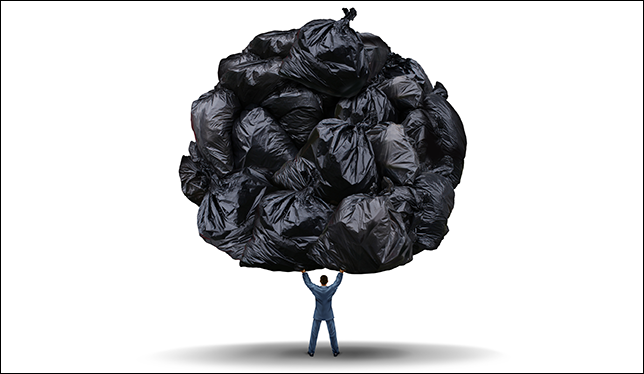
I would like to offer another way to look at the challenges we are facing in academia today, drawing on two recent experiences. The first experience centres around a presentation I gave on understanding different paradigms and worldviews. In it, I spoke about how narratives and storytelling often draw on the use of metaphors and symbols to convey universal learnings or nuggets of wisdom. The important piece here is to be open to other ways of looking at the world, including how we look at challenges, which is often informed by our own worldview and paradigms.
The second experience centred around the importance of decluttering our physical spaces as a way to clear ourselves mentally and emotionally. For example, the “KonMari” method developed by Marie Kondo encourages people to re-examine their spaces and personal effects by literally pulling everything out of their closets and going through each possession to do a check on its value.
While I am not totally sold on the idea that this works for everything, I do get the point that in this society there is strong pressure to accumulate and hold on to our possessions. The notion of decluttering is also about decreasing our footprint and focusing on things that matter.
So how are these two very different experiences linked? And how do they connect to academia today? I am going to focus on four key points to convey my perspective.
First, we are living in a world of rapid and transformative change. Sometimes it can be difficult to keep up with the latest news, changes being made at government levels that impact postsecondary education, demographic trends, students’ needs and their changing aspirations, let alone the technological advances that are changing the way we interact with one another.
As a busy administrator and an active academic, I also recognize how education must remain relevant under conditions of rapid change. However, it is not all that easy for universities to keep up with these changes as they are institutions that are rooted in strong traditions. As a result, we are sometimes so busy trying to keep up with an ever-changing environment that we miss opportunities to change, which brings me to my next point.
Creating new opportunities
There is some truth to the idea that tidying up our physical spaces can create new opportunities and innovations, and boost creativity. If we were to draw on some of the same elements that we use for reordering our lives, we could apply them to the notion of “right-sizing” (as opposed to downsizing) our institutions.
For example, consumerism has affected postsecondary institutions to the point where we seem to be constantly building new courses, programs and buildings, while those programs and courses that have become redundant or outdated still remain. Perhaps it is time to stop and rethink what a university of the future will look like and how each institution can concentrate on its strengths. Differentiation, in my view, is important for several reasons: it provides an opportunity to resize or right-size an institution, to refocus and to be innovative in doing something different.
The ability for an institution to really focus is important in terms of maximizing its reach. For example, focusing on what matters, doing the best job possible and building a strong institutional identity maximizes our impact. We have to accept we cannot be everything to everyone, although I suppose a comprehensive university would aspire to do this. Having said that, larger comprehensive universities also work hard to differentiate themselves.
Feeling more centred
Finally, when I think about clutter I also think about my own work life and workspace. I recently moved offices and, in the process, have decided to declutter. As a result, I find myself feeling lighter, more centred and energetic. In many ways it is about clearing a path forward. I have also thought about using the process to refocus my work and my efforts. For example, on a day-to-day basis most administrators are inundated with meetings, calls and various requests. Keeping your efforts focused on your key goals becomes critical in managing your time and prioritizing those aspects of your work that are essential.
This may not work for everyone. Nevertheless, the notion of reorganizing, getting rid of dated ideas that do not work, or just getting rid of “stuff” does hold some value as another way to view our work and address its challenges.
Featured Jobs
- Canada Excellence Research Chair in Computational Social Science, AI, and Democracy (Associate or Full Professor)McGill University
- Psychology - Assistant Professor (Speech-Language Pathology)University of Victoria
- Veterinary Medicine - Faculty Position (Large Animal Internal Medicine) University of Saskatchewan
- Business – Lecturer or Assistant Professor, 2-year term (Strategic Management) McMaster University









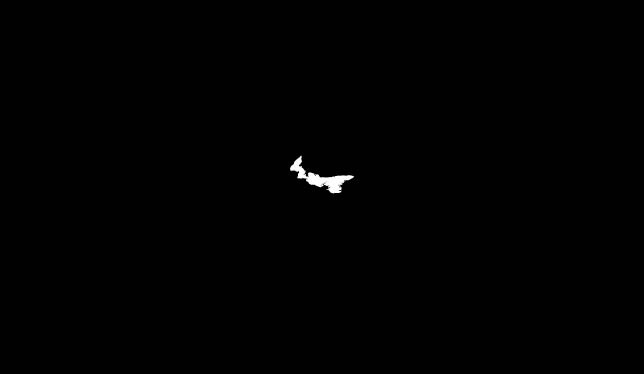

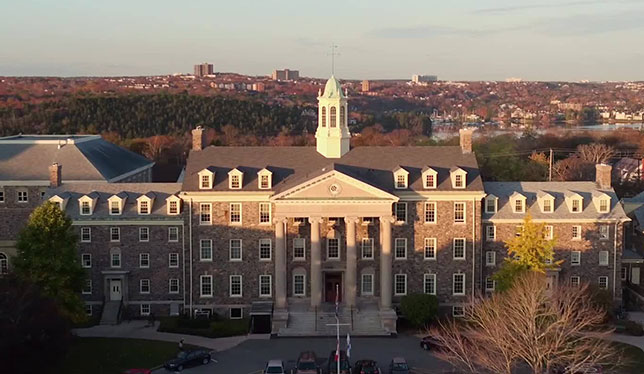
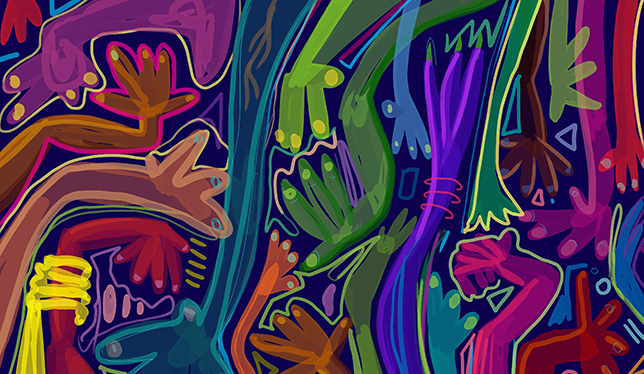


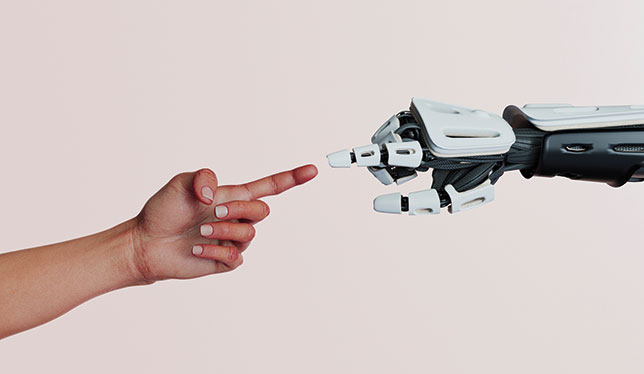
Post a comment
University Affairs moderates all comments according to the following guidelines. If approved, comments generally appear within one business day. We may republish particularly insightful remarks in our print edition or elsewhere.